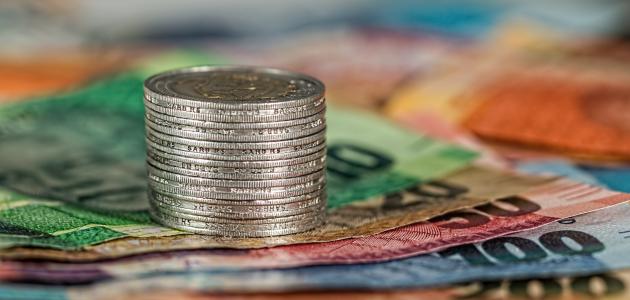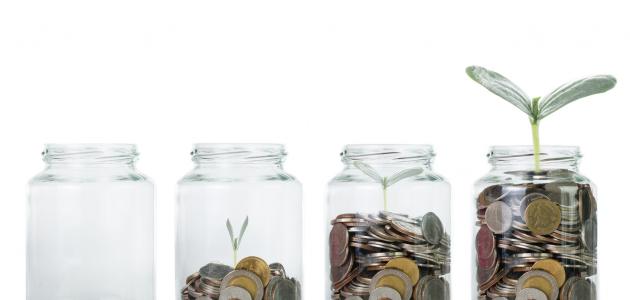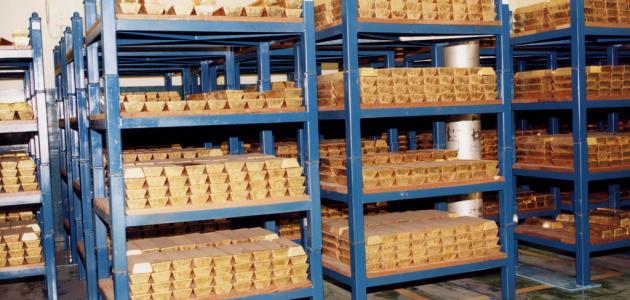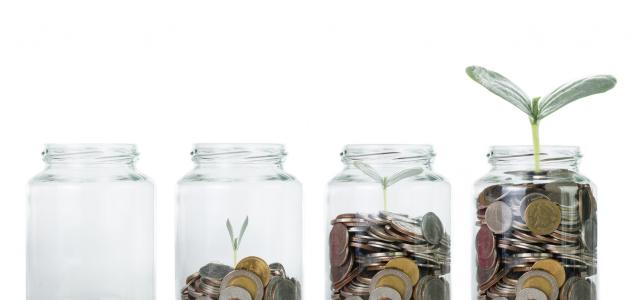Definition of economics
Economics is a set of theories and intellectual models that seek to explain how to build wealth, distribute it within societies, and understand the way individuals deal with resources, especially with their scarcity. Economics is defined as the method used to organize a group of sectors, such as the financial sector. , industrial, and commercial, and seeks to study the economic ideas associated with a set of policies. Another definition of economics is a term used to refer to a group of human studies related to the nature of human choices based on benefiting from limited resources. Economic analysis is presented; By carrying out deductive operations, such as relying on logic in mathematics.
History of economics
Economics is one of the most important historical sciences, and its existence was associated with a group of thinkers and economists, such as Adam Smith, Karl Marx, and Thomas Malthus, and they were all keen to use historical data within their economic analyzes, and in the late nineteenth century AD the economic school appeared in Germany, and came In response to the doctrine of free trade of economic thinkers in Britain, a debate has emerged among economists about the lack of economic laws that can be applied globally; This led to the emergence of an opinion calling for the need for each country to implement its own economic path.
The industrial revolution, during the period between 1760 AD - 1850 AD, led to the emergence of a new era of economic sector growth. Because it came as a result of the pioneering technological developments in Europe, so many innovations appeared such as the steam engine, and also accompanied by a group of developments in the industrial sector, such as the emergence of techniques for smelting iron and solid materials based on coal instead of wood, and many mechanical inventions spread, such as steam ships and railways. iron.
Read also:How to be an entrepreneurIn the nineteenth century AD, economics was a great success compared to other social sciences. This led to the emergence of an economic theory with interconnected components, known as the classical theory that concerned the nature of economic activity among individuals, and indicated the possibility of predicting human economic activity easily, compared to all other behavioral manifestations of individuals.
economics curricula
Economics depends on applying a set of intellectual and scientific approaches, the most important of which are:
- The deductive method: (It is one of the oldest methods of knowledge, as it dates back to the era of Aristotle. Deduction is a mental process by which it is concluded from an issue that is considered an introduction, given its validity, to an issue that is considered a necessary consequence of it); Through the use of a set of mental rules, and according to this approach, the thinker or the economic analyst must formulate a set of correct premises according to his assumption, and then relies on using mental thinking to derive all the generalizations leading to it, and this contributes to the authoring of economic theories, and the validity of these depends Theories on the validity of logical thinking, and the premises used in their formulation.
- Inductive method: (It is the logical process by which it deduces from the actual facts the general laws that govern the phenomenon under study). The role of this approach in the economy is linked to the activity of the economic thinker or analyst. Through his access to many economic theories based on the conscious and systematic analysis of all facts and observations related to practical life, this indicates that the inductive method is completely opposite to the deductive method, which leads to describing the inductive method as the upward inference, while the deductive method is described as the descending inference.
Elements of economics
The science of economics depends on the use of a group of elements that contribute to the fulfillment of the needs of individuals, and the following are the most important elements used in economics:
Read also:What is rent economy?- Production (in English: Production): It is building a benefit or keen to increase it; In the sense that the product does not exist in advance or contributes to adding a benefit to a product that contains a specific amount of it, and any process that provides the needs of individuals, directly or indirectly, is considered a type of production, and the production process often depends on the use of capital, labor, and other components. Production contributes to covering the apparent gap between the consumption needs of individuals and the available resources, and the amount of production in each country of the world depends on how the resources are used, and the nature of the organizational methods on which production depends.
- Exchange (in English: Exchange): It is the second element after production; It came as a result of the absence of self-sufficiency among individuals, which led to the emergence of exchange as the means that helps to achieve this sufficiency, and prompted individuals at first to exchange goods among themselves by relying on barter, but at the present time the exchange process has become dependent on the use of money, as the tool Most acceptable to get products.
- Distribution (in English: Distribution): It is the division of income (purchasing power) among the individuals contributing to the production process, and this distribution is divided into two types:
- Functional distribution: It is the division that is applied through the payment of employee wages, capital benefits, and organizational profits, and it is called the functional distribution; Because the distribution of income for workers is according to the nature of their jobs or their contribution to production.
- Marketing distribution: It is the special movement in products during their transmission from producers to final consumers, and this distribution is considered part of the production process.
- Consumption: It is the individuals’ use of services and commodities that contribute to satisfying their needs, and the demand for various products depends on the purpose of their consumption, and their ability to provide satisfaction to the needs of consumers. Purchasing backed by money, linked to the demand for consumer goods. Individuals express their requests according to the prices that they can pay for services and goods, and an increase in demand for a specific product often leads to an increase in its price, and this results in an increase in its production rate, and this process is called (consumer sovereignty).









